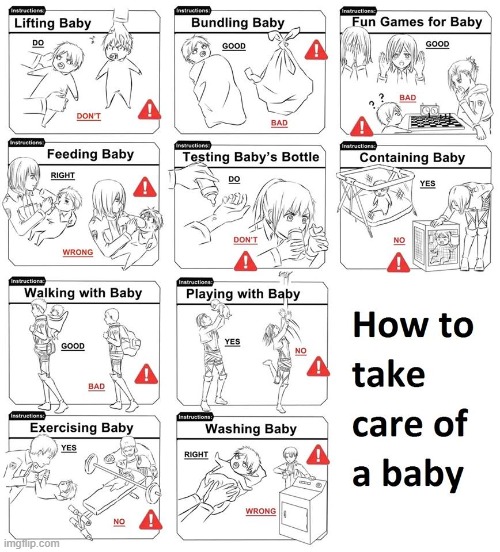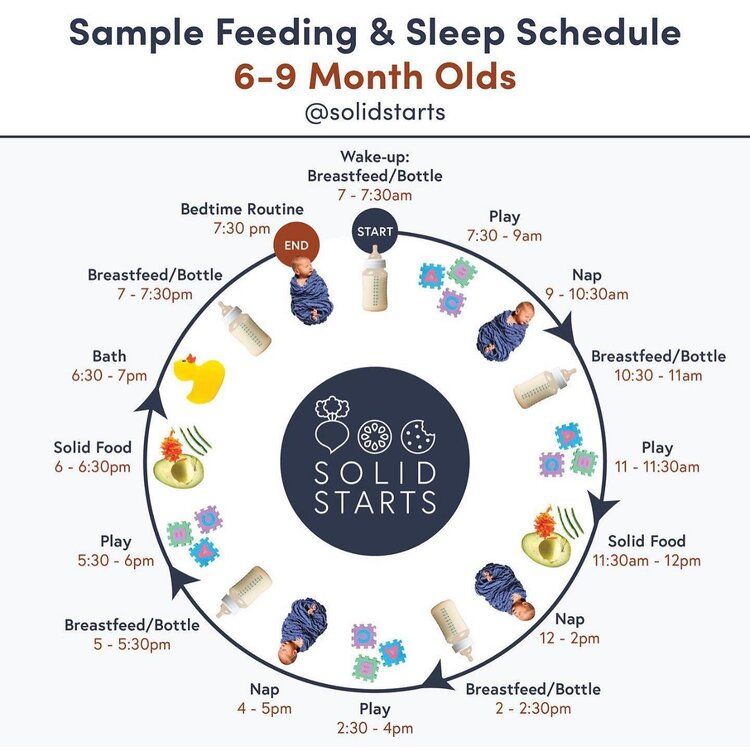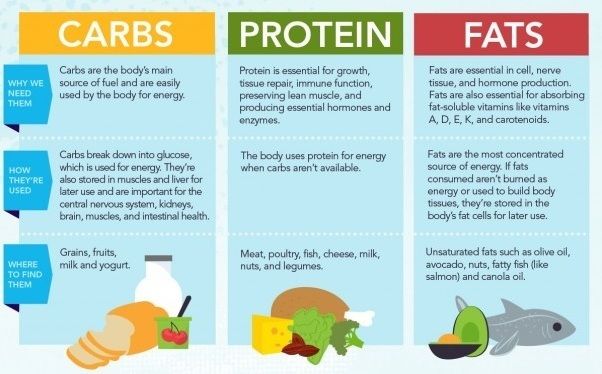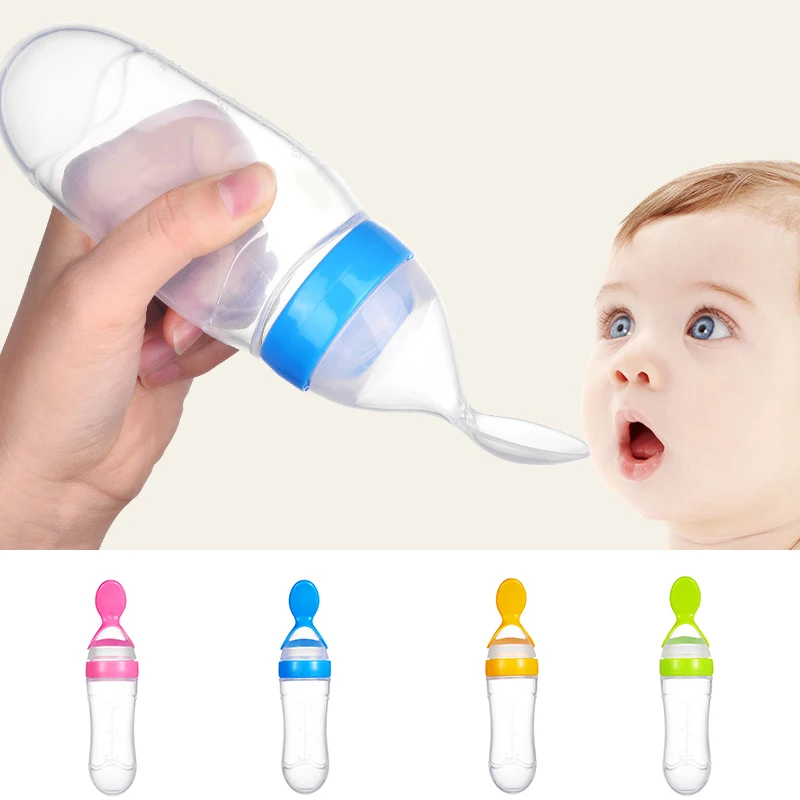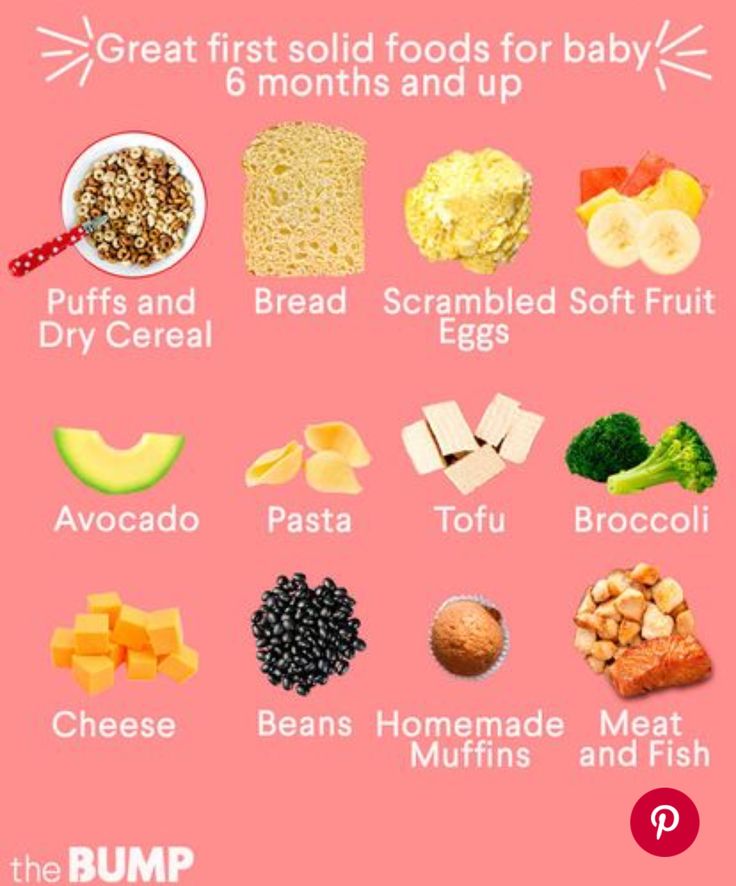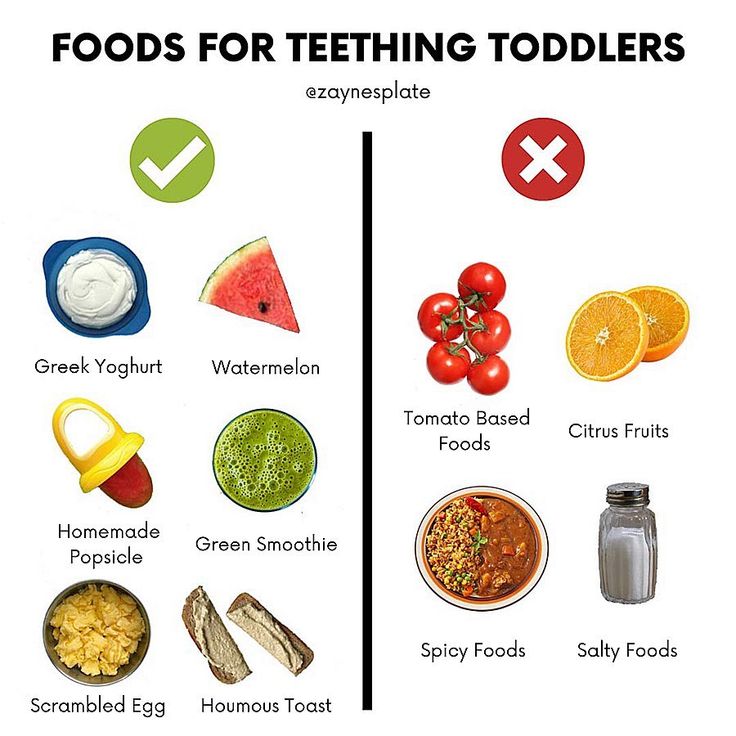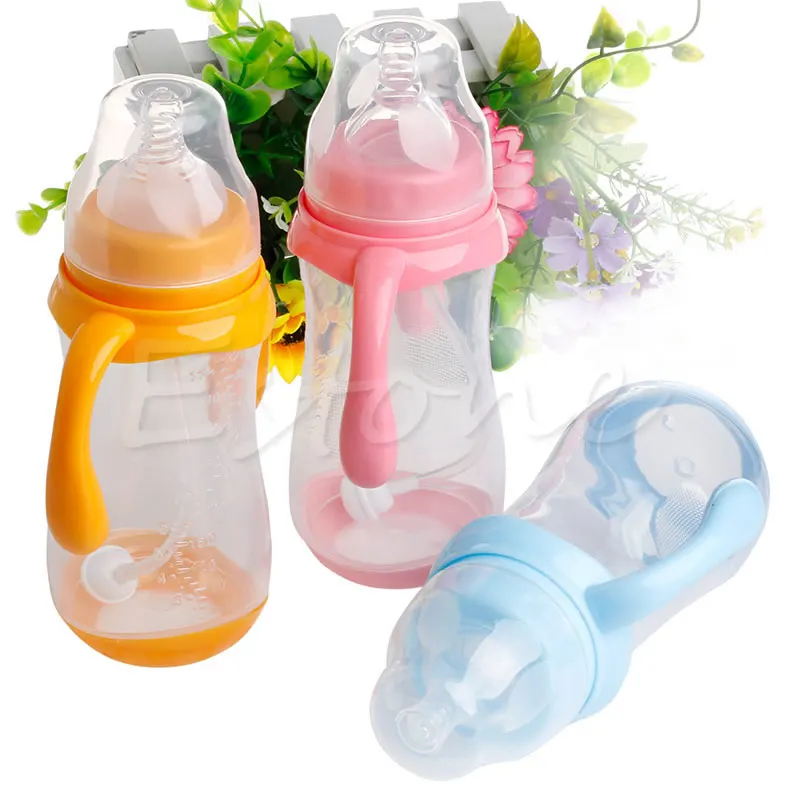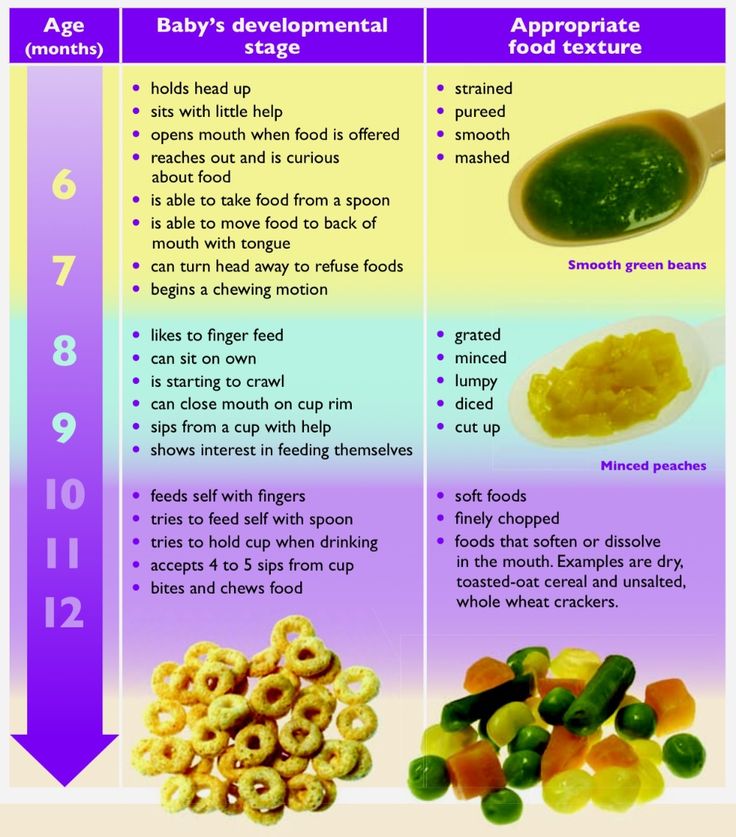Baby puts fingers in mouth after feeding
Baby Sucking On Hand – Causes and Tips to Deal With It
Many children stuff their thumbs into their mouths and keep sucking on them all day. And if you pull it away, you’ll get the angriest look ever, followed by incessant crying. Between the ages of two and four, baby sucking on hand stops. See a paediatrician if a child is still licking their hands in kindergarten because this can obstruct secondary or permanent teething. Read ahead to know why baby sucks on hand and what can you do about it? We’ll tell you.
Video: Baby Putting Hands in Mouth – Reasons & How to Deal with It
Also Read: How To Stop Your Baby From Putting Everything In His Mouth?
Is It Common for Babies to Put Their Hands in Mouth?
Infants frequently put their hands in their mouths, which may signify boredom. Most of the time, it’s natural, and your baby will outgrow it in due course. It’s nothing to worry about if you notice that your infant enjoys biting on their hand. Generally speaking, it’s something that your child enjoys and finds reassuring.
Why Does Your Baby Keep Putting His Fingers in His Mouth?
There are many reasons why little ones suck on their thumbs and fingers. Some of them are:
- Usually, sucking on fingers is a baby’s way of handling a lot of stimulation. These could be new people, noise, and anything else that can overwhelm him. Sucking on something reminds him that he’s safe. This is usually accompanied by yawning or moving the head from one side to another.
- Another popular reason why babies suck on their fingers is hunger. They don’t understand that only the breasts hold milk and think sucking on their thumb will give them milk. This may also be a way of communicating that he is hungry. When babies go through growth spurts, During growth spurts, even after feeding, they may suck on their fingers.

- It may also be that your baby is bored, so he is putting his hands inside his mouth. This can happen when he wants to play, but everyone is asleep. At other times, your child might want to play with hanging toys. If they’re kept out of reach, he may suck his fingers instead.
- If your baby doesn’t spot you in the same room, is struggling to pass a fart or has a wet diaper, he may not start crying immediately. Your baby might try to soothe himself by sucking his thumb with utmost focus.
- Many babies tend to sleep while feeding and develop the habit of having a nipple in their mouth when they fall asleep. Your child could be using his fingers to put himself to sleep if he doesn’t find a breast or nipple.
- As your baby gets older, teething causes pain and irritation in the gums and a lot of drooling. Your baby might feel like chewing on something to relieve the pain. Putting fingers in their mouth and pressing on them is the quickest way he handles the trouble.
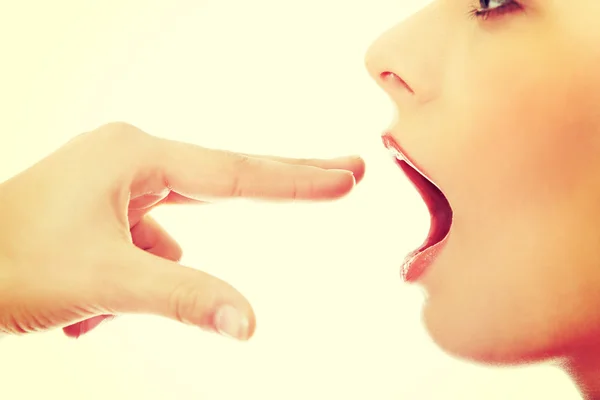
- This may also be your baby’s way of exploring the world around him. As his vision and hearing haven’t developed fully, he may depend on his sense of taste to get to know the things around him.
Risks of Baby Putting Hands in Mouth
The American Dental Association (ADA) claims that hand or thumb sucking does not result in problems with mouth development throughout the first few years of life. After the age of four, hand sucking might harm permanent teeth. You must consult a paediatrician to eliminate a preschooler’s thumb or hand-sucking habit.
How Long Does This Last?
The habit of thumb and finger sucking usually lasts till a baby turns 6 or 7 months old and sometimes may continue till the age of 2. However, even a child who has stopped sucking may regress to it if he feels under stress.
How Can You Stop Your Baby From Putting His Hands/Fingers in His Mouth?
- If your baby is sucking on his finger, he might be hungry, especially if he is in a growth spurt.
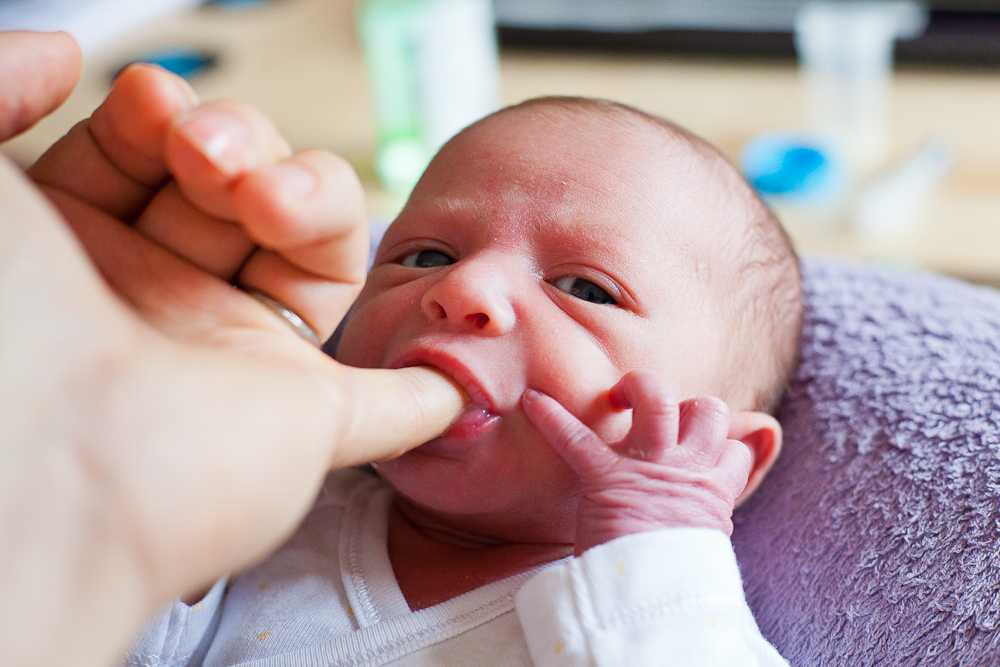 Breastfeed him right away if possible, or feed him with bottled breastmilk or formula milk, if you need some rest. Do keep your doctor in the loop about his progress.
Breastfeed him right away if possible, or feed him with bottled breastmilk or formula milk, if you need some rest. Do keep your doctor in the loop about his progress.
- If your baby shoves his fist into his mouth, you can entice him to remove his hand by giving him a toy. This will make him want to grab it, for which he must bring his hand out. There is a good chance he will stuff the toy instead, so opt for a soft toy or something clean and chewable. Some babies also keep sucking one hand and use the other hand to grab the toy.
- This might come as a surprise, but it is best to let your baby be himself is a good sign of his development and means that he is gradually getting independent. Do check whether his diaper is wet or he’s facing any discomfort.
- Teething pain can get out of hand for your little one. A quick home remedy is to use a cold teething ring. The low temperature can alleviate much of the pain he can chew on the ring without any worries.

- Some babies want to suckle even after they’ve had their fill. In such cases, you can give him a pacifier after every feed to break this habit.
- Spend time with your little one. Talk to him, sing, or play with his favourite toy. With some stimulation, he can be distracted from sucking his fingers.
When Should I Be Worried?
Thumb and finger sucking isn’t a cause of concern till your baby’s teeth erupt. If your child’s teeth are in place and he still puts his hands inside his mouth, it can affect the positioning of the teeth. And this will increase the chances of dental problems. According to the American Academy of Paediatrics, only children above the age of 5 who have this habit need treatment.
Babies put their hands in their mouths for various reasons – from the most obvious to surprising ones. Be alert, and regularly opt for ways to stop your baby from doing that. Soon, he will either learn to distract himself or let go of the habit completely.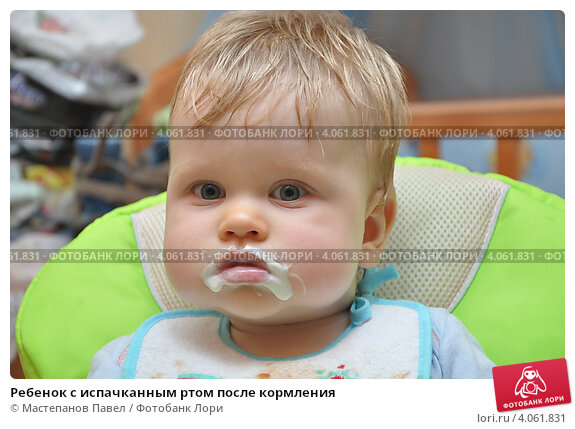
1. Why Is Your Baby Aggressively Eating Their Hands and Crying?
Baby chewing on their hands and crying could be because they may be experiencing oral discomfort or under stress, according to Dr Wiener. Even though your baby seems to be eating enough, it might not get enough calories. In such situations, looking at their nutritional health can be necessary.
2. Should I Allow My Baby to Put Their Hands in Their Mouth?
Many call babies putting their hands in their ‘baby eating hands’, which is pretty common as they generally do it to calm themselves. They might soon break the habit. Thus there is nothing wrong with that. Yet, dangers present themselves when a newborn puts a dirty hand in their mouth. Hence, ensure the baby’s hands and the surrounding areas are clean. But if your infant displays other pain symptoms when placing their hands in their mouths, let your paediatrician know immediately.
Also Read:
The Importance of Letting Your Baby Play on the Floor
How Babies Use Touch to Explore The New World
Baby Sleeping on The Floor: Pros and Cons
Reasons, Dangers, How to Deal With It
Babies suck their thumbs, right? It’s like a quintessential part of being a baby.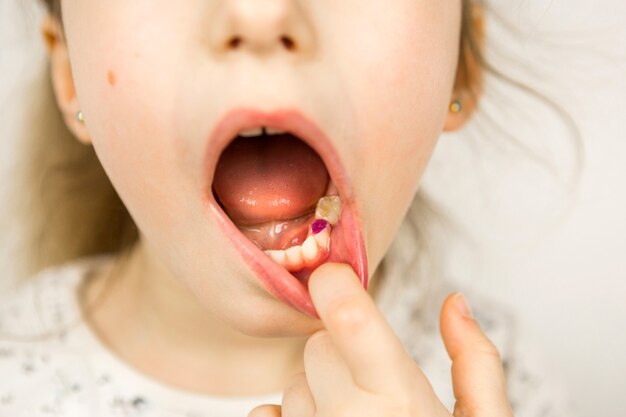 But what if your baby is sucking on their whole hand, fist, or their other fingers… is that normal?
But what if your baby is sucking on their whole hand, fist, or their other fingers… is that normal?
The short answer: Yes. The long answer? Well, that’s yes, too, plus some additional explanation. Everything a baby does is basically a way of communicating. So, if your baby’s spending a lot of time sucking on their hand, they’re probably trying to tell you something.
Here’s how to figure out what that “something” is.
To understand why your baby is sucking on their hand(s), you’ll have to do a little detective work. The reason will depend on how old they are and what other developmental phases they’re going through. Here are the most common explanations.
Hunger
In the newborn months, a baby who sucks their hand may be trying to tell you they’re hungry. Think about it: Every time they suck on a bottle or nipple, they get food! It’s a natural sucking instinct, similar to rooting, meant to clue you in that it’s time for another feeding.
Most of a newborn baby’s hunger cues, in fact, involve their mouth. according to WIC Breastfeeding Support, your baby may also open and close their mouth or smack their lips to let you know they are ready to eat.
according to WIC Breastfeeding Support, your baby may also open and close their mouth or smack their lips to let you know they are ready to eat.
Self-soothing
OK, but what if you juuuust fed your baby and you know they’re pretty full?
In this case, sucking on their hand may be a sign of self-soothing. Young babies often fall asleep on the breast or bottle, so they may come to associate the sucking reflex with the initial stages of sleep and suck on their hand to help them relax and wind down.
You may also see older babies — in the 7 to 8-month range — sucking on hands or fingers for the same reason: It produces a calming sensation that relaxes them.
If you notice your baby sucks on their hand during times of stress (such as when meeting new people or feeling under the weather), it’s probably a self-soothing strategy.
Teething
Most babies begin teething between 4 and 7 months old, so while you can probably rule this out for a newborn, it could definitely be causing your older baby to suck on their hands, fists, or fingers. Their gums hurt and rubbing something against those sore spots feels good!
Their gums hurt and rubbing something against those sore spots feels good!
If your baby has been drooling a ton, acting more irritable than usual, or having more frequent wakings, it’s probably safe to assume teething is to blame (and you have our condolences, because that is not a fun phase).
Exploration
Sure, it may sound weird that hands could be a source of entertainment, but to a young baby (think 2 or 3 months old), hands are freaking fascinating. And you know what’s even more fascinating? Realizing you can control them!
Babies this age are just starting to figure out they have these super useful tools attached to their bodies that they can wave around, pick things up with, and stick in their mouth.
They’re also figuring out their senses and learning that different things have different tastes, textures, and temperatures. This is all ridiculously interesting for new humans.
Boredom
Newborns typically have a busy schedule full of eating, pooping, crying, and sleeping.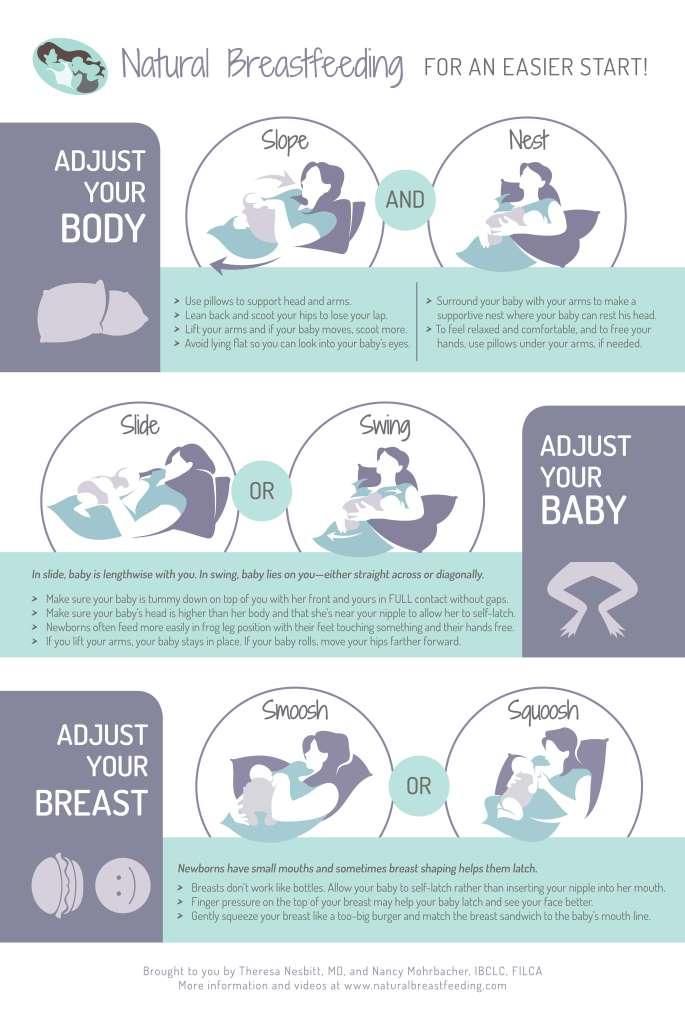 But once your baby starts spending a little more time awake every day, they might experience a totally new sensation: Boredom.
But once your baby starts spending a little more time awake every day, they might experience a totally new sensation: Boredom.
It’s healthy for your baby to spend some supervised time outside of your arms, like in a bouncy seat or play pen. Eventually, though, they’ll get tired of hanging out away from you.
A baby who sucks on their hand may be sending a self-soothing cue that they need a change of scenery.
There’s nothing inherently wrong or bad about your baby sucking on their hand or fingers. You should, however, make sure that:
- your baby’s hands are clean
- they aren’t in any pain or discomfort
- the general environment around them is safe and comfortable
Some people worry that their baby’s thumb- or hand-sucking will interfere with oral development. The good news is that the American Dental Association (ADA) reassures parents that the behavior doesn’t usually cause problems in the first few years of life.
The experts say that it’s only after age 4 that you may want to start gently discouraging the habit to avoid future problems with the mouth.
You don’t really have to do much of anything when your baby is sucking on their hand — except feed them if it’s a hunger cue! Still, we did tell you that it’s a form of nonverbal communication, so how you respond depends on what your baby is telling you.
- A baby who has recently discovered their hands isn’t that far from finding other objects lying around them, so make sure you’ve babyproofed. Reaching out to grab things is probably one of their next developmental stages. This is also a prime opportunity to introduce them to fun sensory toys like rattles, crinkly stuffies, and cloth books.
- If your baby is sucking their hand because of teething pain, offer them a teething toy, cold washcloth, or frozen feeder. You may also choose to give them a safe over-the-counter medication, like infant acetaminophen or ibuprofen, as needed, especially if teething is interfering with their sleep.
- Hand-sucking to self-soothe or relieve boredom isn’t an urgent situation, but you don’t want your baby to become distressed.
 Try to think about the root cause. Are they having trouble falling asleep on their own? Have they gotten overstimulated? Is it time to babywear instead of relying on the pack ‘n play? In these cases, a pacifier might be a useful swap, too.
Try to think about the root cause. Are they having trouble falling asleep on their own? Have they gotten overstimulated? Is it time to babywear instead of relying on the pack ‘n play? In these cases, a pacifier might be a useful swap, too.
Yep! Babies move quickly from one phase to the next, so it won’t be long before they’ve found something else to hold their attention — like their toes! Plus, as their language develops, they’ll be able to communicate their needs and wants with gestures and, eventually, words.
If they’re just a plain ol’ hand- or thumb-sucker, they’ll likely grow out of that, too. Most kids drop the habit between the ages of 2 and 4, leaving only a small percentage of kids still thumb-sucking after that.
If your baby turns into a preschooler and they’re still sucking on their hands or fingers, you should speak to your child’s pediatrician. Generally, it’s not productive to force your child to stop before they’re 4 years old, but there are ways you can redirect your child to help break the habit.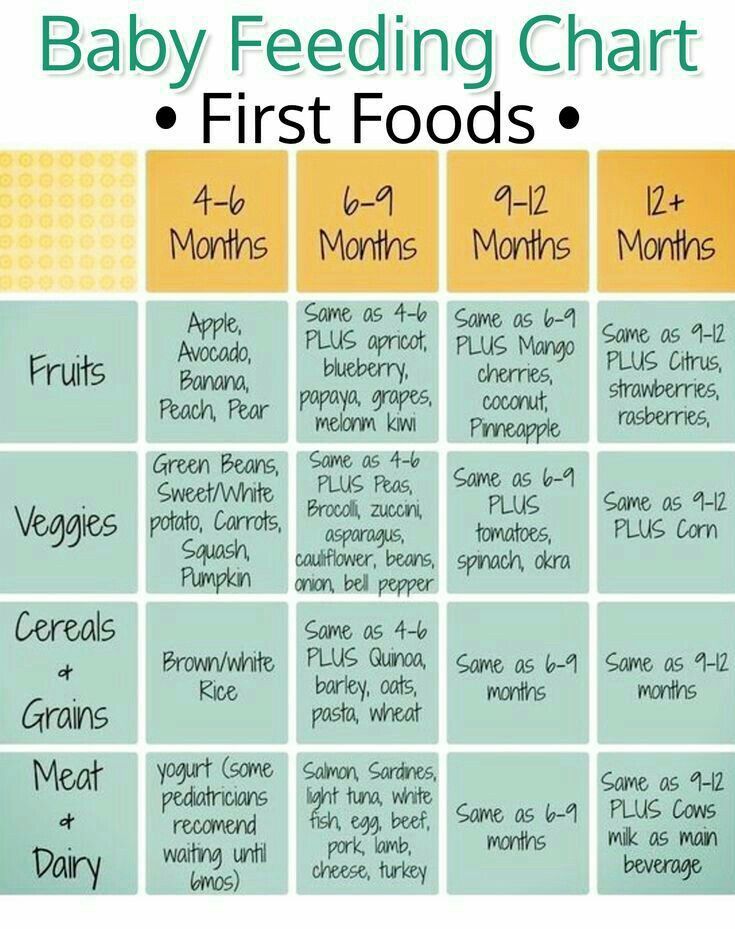
If your child is over the age of 4 and still sucking on their hands, you may want to also make an appointment with a pediatric dentist to track your child’s oral development.
If your newborn baby is constantly sucking on their hands and you think it’s a hunger cue, you may want to talk to your pediatrician as well. It’s possible that your baby isn’t getting as much breast milk as you think, leaving them hungry all the time, or that there’s a problem with their latch or sucking reflex.
The vast majority of the time, there’s nothing to worry about when a baby sucks on their hand, fist, or fingers. There are several reasons, all developmentally normal — and unless it looks like your “baby” will be going to kindergarten with their thumb stuck in their mouth, it probably won’t cause oral problems, either.
Child sucking fingers
Lately, pediatricians and psychologists agree that a finger in the mouth is, first of all, an unsatisfied sucking instinct.
Sucking reflex
By the way, one observant mother noticed an interesting thing. Her son is on a mixed diet - that is, along with breast milk, he is fed formula milk from a bottle. So, the child copes with the bottle much faster than with his mother's breast, and after that he immediately pulls his fist into his mouth. This example is a vivid illustration of the fact that thumb sucking is required by a nursing infant precisely in order to satisfy the sucking reflex. In babies, whom the mother breastfeeds for a long time (and not according to the regimen, but on demand), such a habit, as a rule, is not observed.
The fact is that for a baby, the concepts of "suck" and "exist" are very close. They suck not only for saturation, but also for development. Studies have shown that when sucking, natural processes that have been debugged for centuries are launched: nutrients are absorbed, digestion improves, the brain develops, and the child feels psychological comfort.
What mechanism is responsible for sucking? In no other part of the body is there an outlet for such powerful receptors as in the mouth. The best that nature has come up with for the development of these systems is the mother's breast. That is why it is so important that the baby can get it at his first request.
Unfortunately, sometimes you have to look for a replacement breast. Of course, a bundle with a crumb of bread (as in the days of our great-grandmothers) or modern “correct” orthodontic pacifiers are just a pitiful semblance of a warm mother’s breast. But, alas, to some extent they are necessary if your baby is bottle-fed.
Another way to satisfy the sucking reflex, which is literally always at hand, is with your own finger. But dentists and speech therapists unanimously argue that sucking a pacifier, and in particular, a finger, leads to palate deformity, the formation of an abnormal bite, and poor closing of teeth. Thumb-sucking babies often have their teeth growing in a specific way, with the top teeth protruding forward and the bottom teeth growing back a little.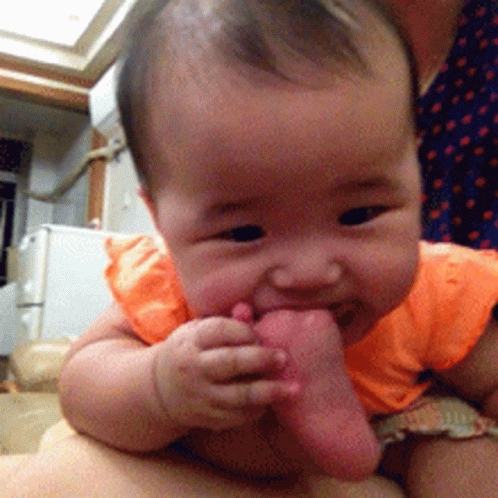
What to do? On the one hand, this habit is natural and logical, but on the other hand, it is harmful, and we have to fight it.
Why does a child suck his thumb?
There may be several reasons.
- Breastfeeding babies often suck their fingers before or after feeding as a sign that they are already hungry or haven't sucked yet. After all, the baby eats the main portion of milk in the first 5-10 minutes, and the rest of the time they suck just “for pleasure”, squeezing the milk drop by drop. If the baby puts his fingers in his mouth after breastfeeding, you may be holding him at the breast less than he needs.
- The child is teething - and then with special enthusiasm he pulls into his mouth everything that comes to hand.
- At an older age, a child may suck his thumb if he lacks parental love and affection.
- Sometimes thumb sucking becomes a sedative - this is how the baby instinctively relieves excessive excitement or calms himself before bedtime.

- Your child may just be bored.
How not to stop thumb sucking
The "ingenuity" of some parents simply knows no bounds. They:
- smear their children's fingers with mustard, aloe juice, cover them with a special bitter varnish;
- tie handles and bandage fingers;
- put on (and sometimes sewn to the shirt so that it can not be removed) woolen mittens.
These are quite cruel ways that bring a lot of suffering to the crumbs. And, most importantly, they cease to act as soon as the parents stop repressive measures. And everything goes back to normal.
The constant shouting “take your finger out of your mouth” is also useless - from some point on, children simply stop responding to them, this is a kind of defensive reaction of the body to a habit that is important for the body for one reason or another. Moreover, threats and punishments sometimes lead to the opposite result. After all, as we found out, the child often sucks his finger to calm down. This means that in a stressful situation for himself (namely, shouts and punishments lead to stress), the baby will strive with a vengeance to somehow calm himself - with the help of sucking.
This means that in a stressful situation for himself (namely, shouts and punishments lead to stress), the baby will strive with a vengeance to somehow calm himself - with the help of sucking.
How to break the habit of sucking your thumb
- If it is an infant under one year old, try increasing the sucking time. You can simply offer the breast more often to the baby and keep it longer (30-40 minutes). With artificials it is more difficult - you will have to choose a nipple from which it will be quite difficult to suck, in this case, the baby will need more time to absorb the same portion of the mixture than before. Ideally, this should take about twenty minutes. It may be worth adding another feeding, over time it will be canceled.
- If your baby is past breastfeeding and is suckling mostly for self-soothing, find other ways to soothe him. For example, if he is upset, teach him to express his feelings in words, hug him, caress him, read an interesting book together.
 Sometimes children put their fingers in their mouths in a repetitive situation, such as while watching TV. In this case, find an adequate replacement - slip him a small rubber ball or other toy that you can knead with your fingers.
Sometimes children put their fingers in their mouths in a repetitive situation, such as while watching TV. In this case, find an adequate replacement - slip him a small rubber ball or other toy that you can knead with your fingers. - It is important that the hands are busy with something. Speech therapists and psychologists get tired of repeating the benefits of developing fine motor skills - this is very important for the development of speech. Let the kid fiddle with clay, pebbles, sand, assemble a designer from fairly small parts, put together mosaics or puzzles.
- Little fashionista will appreciate the first "real" manicure, just like her mother's. Perhaps she does not want to spoil such beauty?
- Sometimes it helps to visit the dentist, who will tell the child about the dangers of sucking fingers. This is a person who is quite authoritative for the baby, and he will confirm that parental requirements are not their empty whim.
- Focus the child's attention on the fact that, having stopped sucking his thumb, he will be quite an adult.
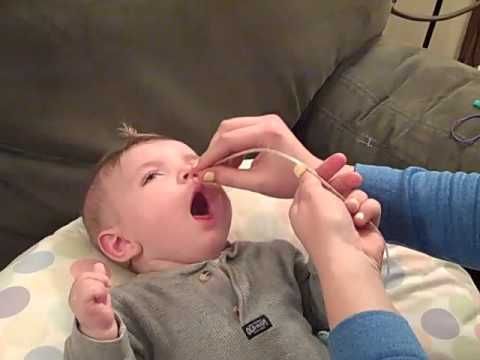 This habit is permissible only for the smallest, and for such a respectable young man or adult girl, it is simply unacceptable. By the way, most children actually wean themselves from this habit between the ages of two and four.
This habit is permissible only for the smallest, and for such a respectable young man or adult girl, it is simply unacceptable. By the way, most children actually wean themselves from this habit between the ages of two and four.
Inessa Smyk
Sources
- Chi P., Wang XJ. [Significance of the intact of the fascia propria in protection of pelvic plexus during total mesorectal excision]. // Zhonghua Wei Chang Wai Ke Za Zhi - 2021 - Vol24 - N4 - p.297-300; PMID:33878817
- Shih HS., Winstein CJ., Kulig K. Young adults with recurrent low back pain demonstrate altered trunk coordination during gait independent of pain status and attentional demands. // Exp Brain Res - 2021 - Vol - NNULL - p.; PMID:33871659
- Carannante F., Bianco G., Lauricella S., Mascianà G., Caricato M., Capolupo GT. TaTME approach as a rescue during a laparoscopic TME for high rectal cancer. A case report. // Int J Surg Case Rep - 2021 - Vol82 - NNULL - p.
 105870; PMID:33857768
105870; PMID:33857768 - Baek SJ., Piozzi GN., Kim SH. Optimizing outcomes of colorectal cancer surgery with robotic platforms. // Surg Oncol - 2021 - Vol37 - NNULL - p.101559; PMID:33839441
- Shimizu J., Iba K., Emori M., Sasaki M., Yamashita T. Reconstruction Using Free Vascularized Fibular Grafts after Wide Resection of Humerus Chondrosarcoma in a Patient with Cleidocranial Dysplasia. // Case Rep Orthop - 2021 - Vol2021 - NNULL - p.2302879; PMID:33747589
- Del Gutiérrez Delgado MP., Mera Velasco S., Turiño Luque JD., González Poveda I., Ruiz López M., Santoyo Santoyo J. Outcomes of robotic-assisted vs conventional laparoscopic surgery among patients undergoing resection for rectal cancer: an observational single hospital study of 300 cases. // J Robot Surg - 2021 - Vol - NNULL - p.; PMID:33743145
- Flynn J., Larach JT., Kong JCH., Warrier SK., Heriot A. Robotic versus laparoscopic ventral mesh rectopexy: a systematic review and meta-analysis. // Int J Colorectal Dis - 2021 - Vol - NNULL - p.
 ; PMID:33718972
; PMID:33718972 - Ziati J., Souadka A., Benkabbou A., Boutayeb S., Ahmadi B., Amrani L., Mohsine R., Anass Majbar M. Transanal total mesorectal excision for patients with rectal cancer : a Systematic review and meta-analysis . // Gulf J Oncolog - 2021 - Vol1 - N35 - p.66-76; PMID:33716215
- Nasir I., Mureb A., Aliozo CC., Abunada MH., Parvaiz A. State of the art in robotic rectal surgery: marginal gains worth the pain? // Updates Surg - 2021 - Vol - NNULL - p.; PMID:33675509
- Jayasimha S., Nagasubramanian S., Jayanth E ST., Muthukrishna Pandian R., J C., Kumar S. Management of proximal migration of double-J stents after Anderson-Hynes pyeloplasty in children. // J Pediatr Urol - 2021 - Vol - NNULL - p.; PMID:33622628
Finger sucking and other compulsions
If a “bad” habit smoothly passed from infant sucking of fingers or appeared soon after parting with a pacifier, then most likely its cause lies in problems that arose even during infancy.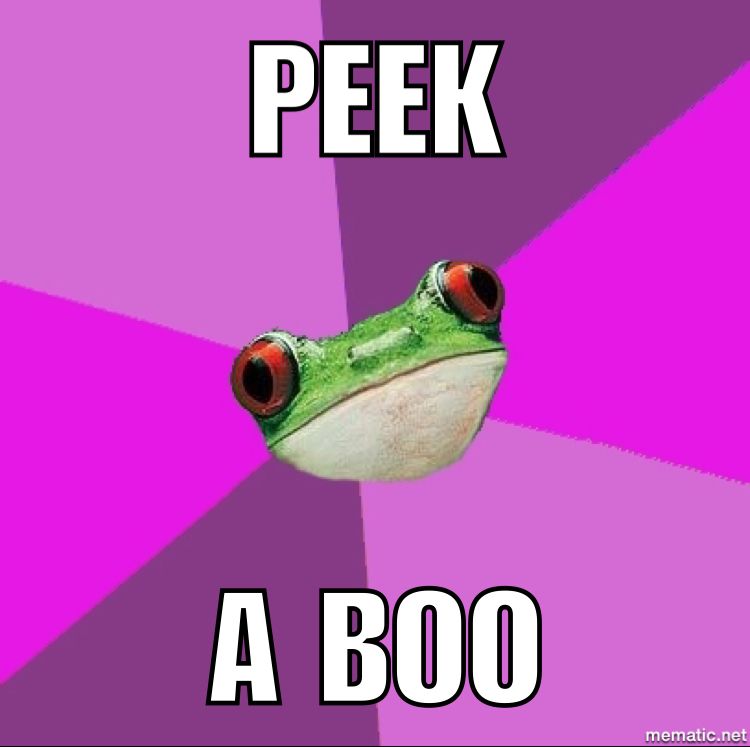
Contact with mother
The most important thing for a newborn child is mother's love, emotional and physical contact with her and satisfaction of their physiological needs (food, sleep, etc.). If for one reason or another these basic needs of the baby are not satisfied or are not fully satisfied, then absolute trust in the mother is also not fully formed, which means that the child feels uncomfortable and restless in this world. And then he begins to seek solace not from his mother, but in some external stimuli (such as thumb sucking, for example).
Insufficient contact with mother and lack of complete trust in her is one of the causes of unconscious obsessive actions in children.
Sucking reflex
A newborn baby has an extremely strong sucking reflex. It is worth lightly touching his cheek, as he immediately turns his head and readily opens his mouth in search of his mother's breasts. Some babies have a stronger sucking reflex, while others have a weaker one.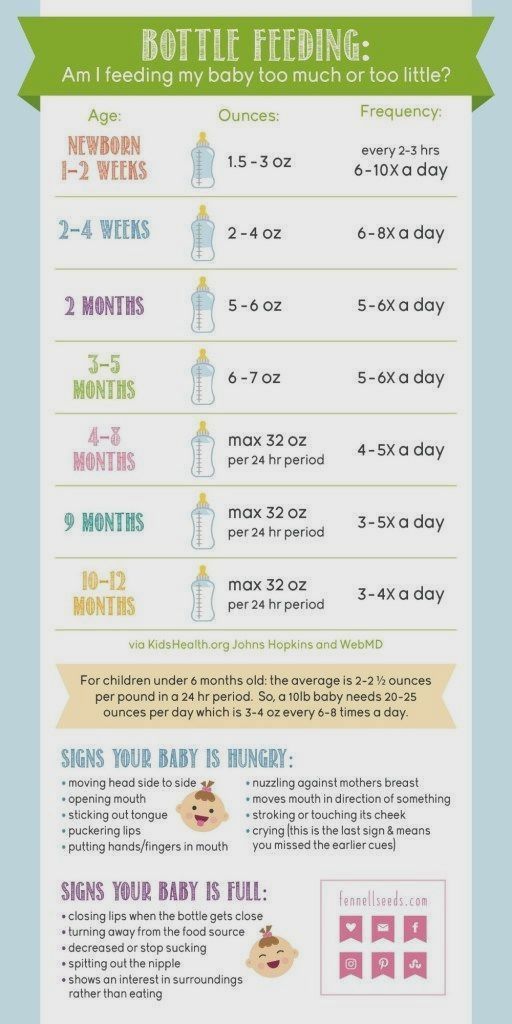 Therefore, one newborn is enough for those 30-40 minutes that they spend at the mother's breast during feeding, while others feel the need to suck something in between feedings: a pacifier, a fist or a corner of a diaper.
Therefore, one newborn is enough for those 30-40 minutes that they spend at the mother's breast during feeding, while others feel the need to suck something in between feedings: a pacifier, a fist or a corner of a diaper.
It is desirable that the baby spends as much time at the mother's breast as he needs not only to get enough, but also to satisfy his sucking reflex and get a sufficient "portion" of physical and emotional communication with his mother.
Usually, if the baby has satisfied all of the above needs, he, satisfied, releases the nipple on his own or falls deeply asleep at the mother's breast.
It happens that, for one reason or another, breastfeeding is not easy. This is where a certified lactation consultant can help. But if you decide to stop breastfeeding and switch to a mixture, then there is a danger that the child will not be able to pump freely, will not be able to work out the sucking reflex. The fact is that the milk mixture flows out of the bottle quite freely, while while suckling the breast, the baby has to make significant physical efforts in order to “get his own food”.
Formula-fed babies usually need extra suckling, so they should definitely be able to suck on a pacifier in addition to feeding, and as much as they need. Often, when such a child grows up, he likes to drink from a bottle with a nipple or suck on a pacifier for quite some time.
In such cases, some parents become nervous and try to wean him from both. But if the child has not yet worked out his sucking reflex, he, having lost a bottle or a pacifier, is forced to suck his finger, and this takes root in him as a habit.
Artificial feeding makes it difficult to satisfy the sucking reflex in infants. The undeveloped sucking reflex in formula-fed babies can develop into the habit of thumb sucking.
Therefore, such children should drink from a bottle with a pacifier or suck on a pacifier for as long as they feel the need. And it must be taken into account that a child who suckles at the breast works out his sucking reflex much earlier than an artificial child, who may need to suck at 3-4 years.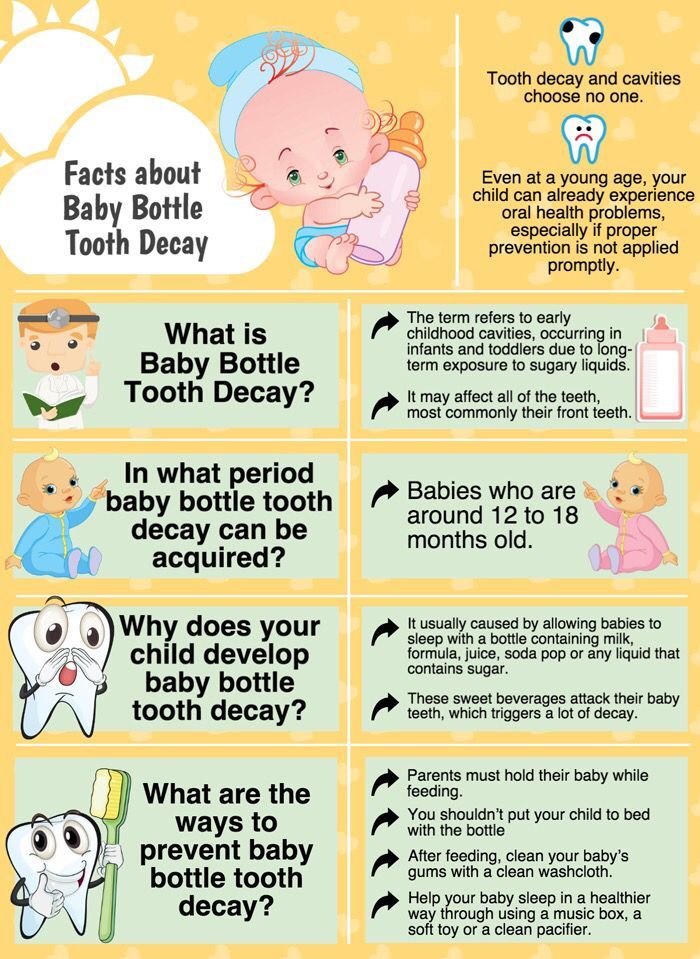
Weaning from breastfeeding
The problem of an unsatisfied sucking reflex can also occur in a child who was breastfed. Some mothers strive to wean the baby from the breast as early as possible, for example, at 7-8 months, citing the fact that the baby is already big and can drink from a cup or cup.
However, it has been observed that when a mother breastfeeds her baby for more than a year, as a rule, the baby does not develop the habit of thumb sucking or anything else. So, do not worry if your one and a half year old baby is tied to the chest. That's the way it should be.
Weaning a baby before it is ready often causes thumb sucking. This happens not because his character suddenly deteriorated, but because his gums itch and itch during this period. The sucking reflex, which, perhaps, had already begun to weaken by this time, again becomes very strong, and the baby is ready to suck the mother’s breast or nipple to exhaustion even when he is full, and sometimes not only suck, but also bite hard.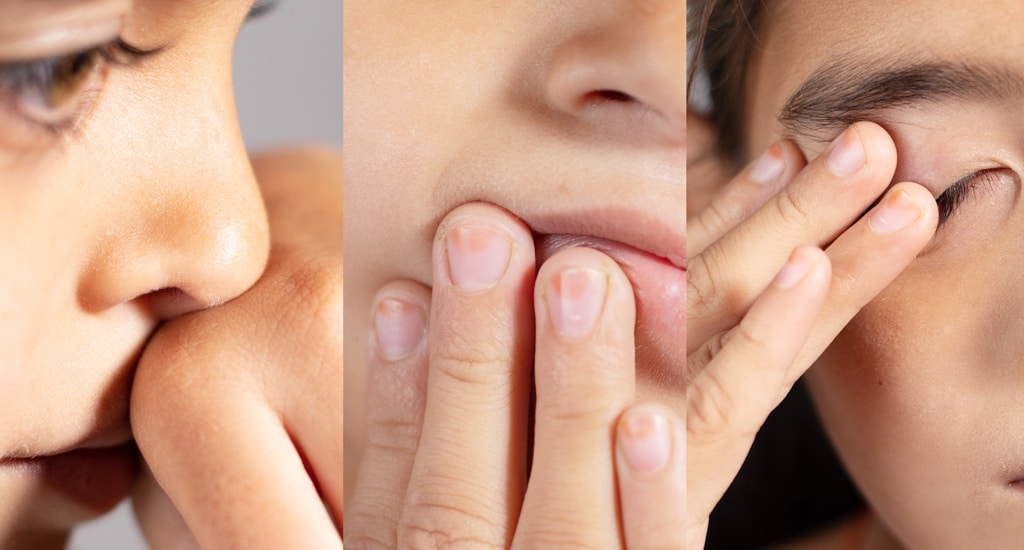
During this period, care must be taken to ensure that the baby can freely satisfy his need to chew and suck something. Safe teethers should always be within his reach.
The habit of thumb-sucking is sometimes formed during teething, if the child did not have the opportunity to chew and suck something during this period.
Oral stage of cognition of the world
Approximately from three to nine months there comes a period when children put everything into their mouths. At this time, the child actively learns the world around him with the help of all five senses, and taste buds play an important role here. During this period, it is necessary to provide the baby with the necessary and reasonable freedom in the study of subjects. He must be able to touch objects, take them in his hands, knock, pull in his mouth, in a word, explore all their properties. To do this, there must be safe toys suitable for such research within the reach of the child. Also help your baby explore the world outside the area where he usually plays.
Also help your baby explore the world outside the area where he usually plays.
Try to keep things that your baby touches more or less clean and safe so that you don't have to pull your baby every time: “Ugh, what a bug! You can't put it in your mouth!" If during this period the child grows in a calm environment, his mother loves him, understands him, pays enough attention and warmth, provides reasonable freedom in studying objects through taste buds, fully develops, tactfully switching his attention from unwanted actions, then the baby does not have to seek compensation and comfort in external stimuli.
If the child has not been able to safely survive and complete the "oral" (or oral) stage, this unmet need may develop into compulsive thumb sucking or nail biting (etc.).
What should I do if my child has the above "bad" habits?
Try, if possible, to meet the missed needs of the child. To do this, give the child as much time as possible, caress him, kiss, show your love.